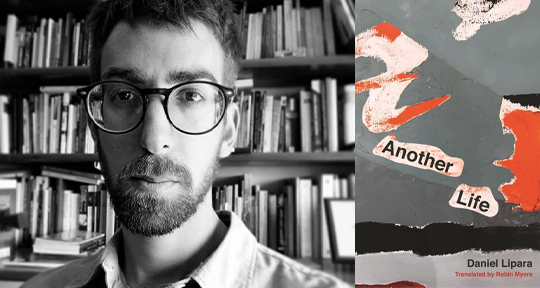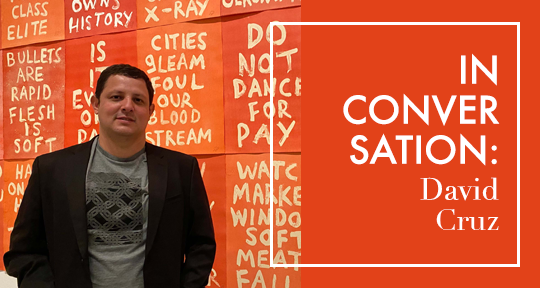In this week’s dispatches of literary news from around the world, the struggle of Vietnamese refugees is commemorated in text and art, a new documentary celebrates Thích Nhất Hạnh, and a new Guatemalan award honours the country’s female writers. Read on to find out more!
Thuy Dinh, Editor-at-Large, reporting from the Vietnamese Diaspora
Besides T.S. Eliot, April also seems problematic for refugees of the former Republic of South Vietnam. On April 30, 1975, North Vietnamese Communist forces captured Saigon—the capital of South Vietnam—ending the Vietnam War, yet triggering a mass exodus of South Vietnamese who fled their fallen nation for political asylum in the West. In recent years, descendants of these refugees have pursued creative efforts to redefine/translate “Black April” as a time of remembrance and rebirth. For example, the traveling exhibit Textures of Remembrance: Vietnamese Artists and Writers Reflect on the Vietnamese Diaspora, curated by the Diasporic Vietnamese Artists Network (DVAN), and currently shown at the Oakland Asian Cultural Center, in Oakland, California, introduces a spectrum of “textured” responses to April 30 via visual media, poetry, and prose, to construct an intimate yet diverse composite of the diasporic experience that has been collected, recollected, and reimagined since 1975.
The theme of remembrance and rebirth also manifests in a new Vietnamese translation of The Song of Quan Âm (Quan Âm Tế Độ Diễn Nghĩa Ca), about the life of Avalokiteshvara—the bodhisattva of compassion—known commonly as Quan Âm, who is endowed with the ability to see (quan) and hear (âm) all human sufferings. Translated and annotated by scholar Nguyễn văn Sâm, this anonymous 7,228-line poem—the longest poem originally written in Nôm or the Southern script—vividly illustrates Buddhist concepts such as karma, reincarnation, and filial piety. The book’s magisterial scope, only the second translation since 1925, also reflects the translator’s fervent wish to preserve Nôm—a writing tradition adapted from Chinese ideographs and containing a wealth of premodern Vietnamese thought—yet is mostly neglected today due to the adoption of the Romanized script.
Compassion, inextricably linked to remembrance and rebirth, is eloquently evoked in A Cloud Never Dies, a twenty-seven-minute documentary on the life and teachings of the late Zen Master Thích Nhất Hạnh. Released on April 2 by the International Plum Village Community in response to the war in Ukraine, the film highlights Thích Nhất Hạnh’s philosophy of engaged Buddhism that combines meditation with antiwar activism. Articulated in his 1967 book Lotus in a Sea of Fire (Hoa Sen Trong Biển Lửa), Thích Nhất Hạnh’s practice lent moral support to Vietnamese during the war who refused to take sides and simply wanted the bombing to end. This perspective, however, resulted in his thirty-nine-year exile in the West. READ MORE…







